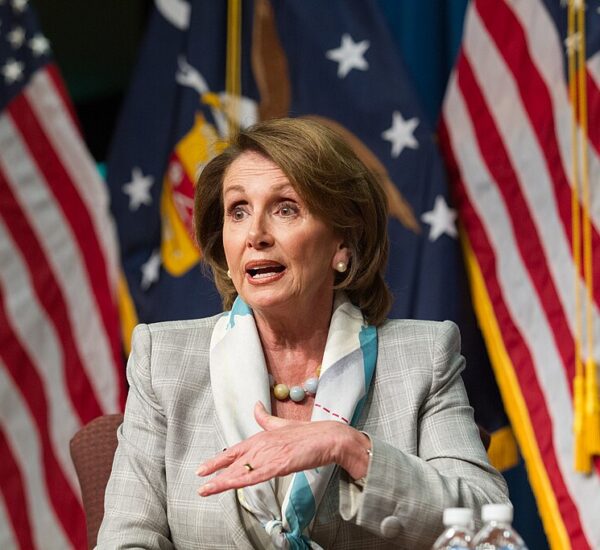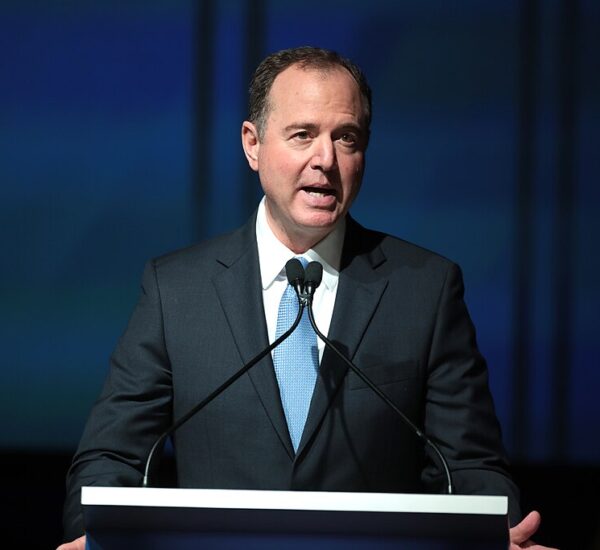Trump’s Promise To Female Voters
Former President Donald Trump has recently shifted his approach on abortion and women’s rights, adopting a tone that marks a significant departure from his previous stance. In a notable post on Truth Social, Trump asserted that his administration would be “great for women and their reproductive rights,” signaling a broader and more inclusive perspective than traditionally held by many in the Republican Party.
This shift comes after Trump’s successful efforts to appoint Supreme Court justices who played a crucial role in overturning Roe v. Wade. With the landmark decision now overturned, Trump is aiming to recalibrate his position on abortion. Following a series of Republican setbacks in elections, which many attributed to contentious abortion debates, Trump appears to be seeking a more nuanced and conciliatory approach.
Trump has consistently defended the repeal of Roe v. Wade, emphasizing that the decision reflected the desires of many Americans and properly returns the matter to state control. “My opinion is now that we’ve got abortion where everybody wanted it from a legal perspective, the states will determine by vote or legislation or perhaps both, and whatever they decide must be the law of the land,” Trump stated in April. He underscored that states will have the autonomy to set their own regulations, leading to varied policies across the nation.
The former president has dismissed the notion of a nationwide abortion ban, which has been suggested by some opponents. This stance was reaffirmed in his speeches at the Democratic National Convention, where he criticized the feasibility of such a ban.
At the 2024 Republican National Convention, the Trump-backed Republican platform further reflected this evolving stance by omitting previous language advocating for national abortion bans. This shift demonstrates a significant change in the party’s approach to abortion, aligning more closely with Trump’s current position on ensuring states have the authority to legislate based on their unique values and needs.







Trump was the best President we ever had. The number of years do not make him too old. The brain is what counts when it comes to serving in office.Yes be should require voter ID.
believe me as time goes by she will be called worse names then this
People may mispronounce her name has nothing to do with race. Just leave it to the pathetic media to come up with this. The so called media needs to give it a rest.